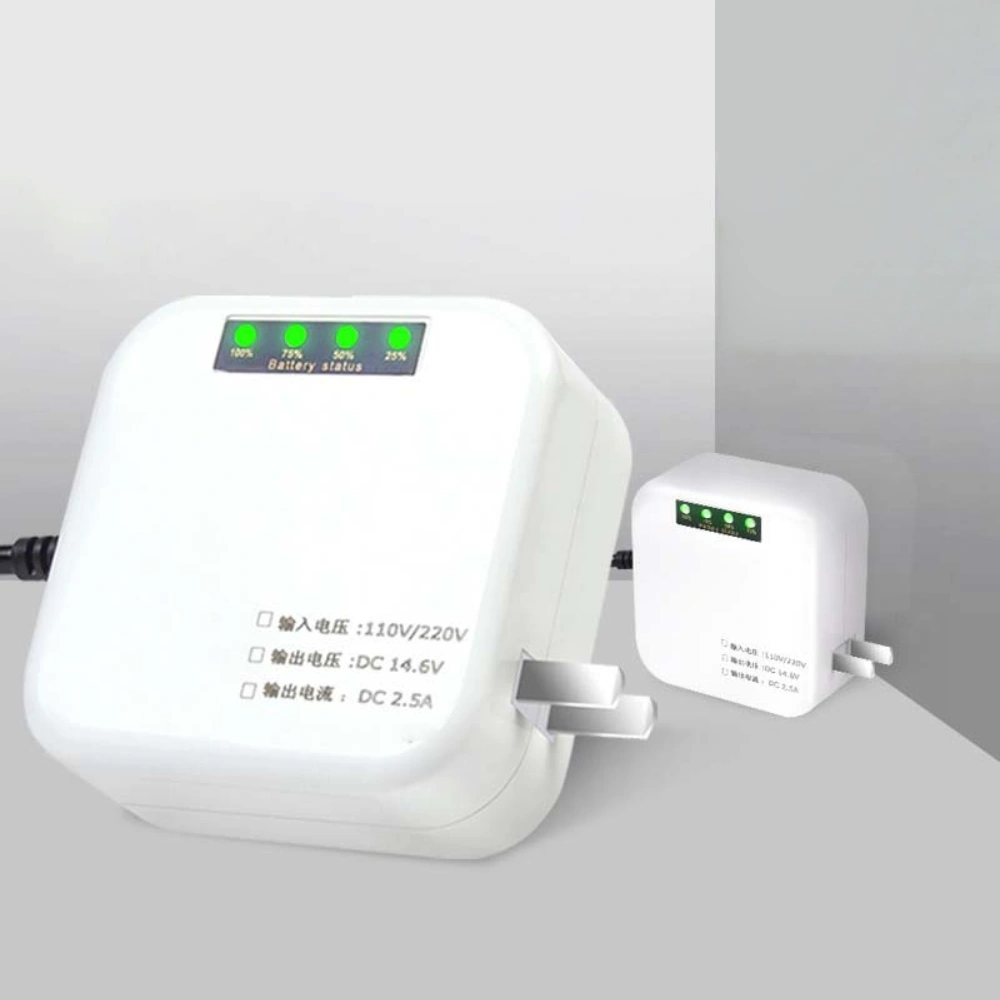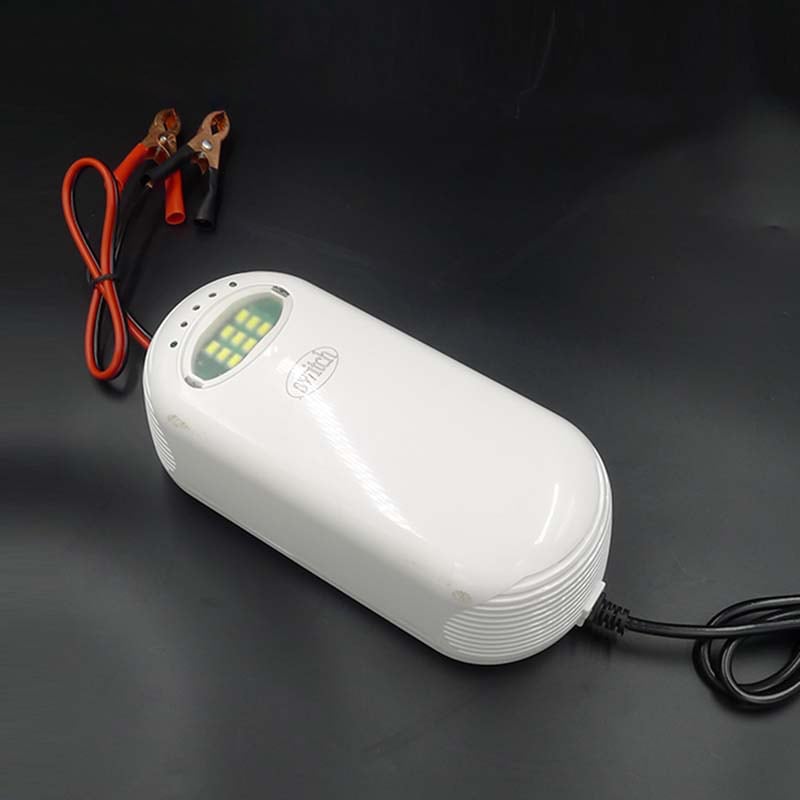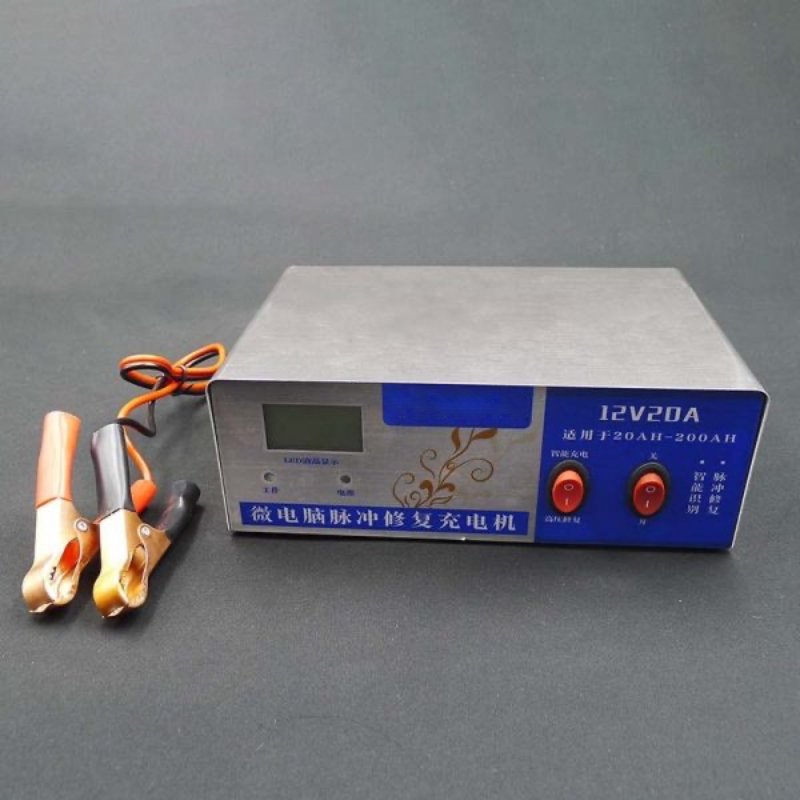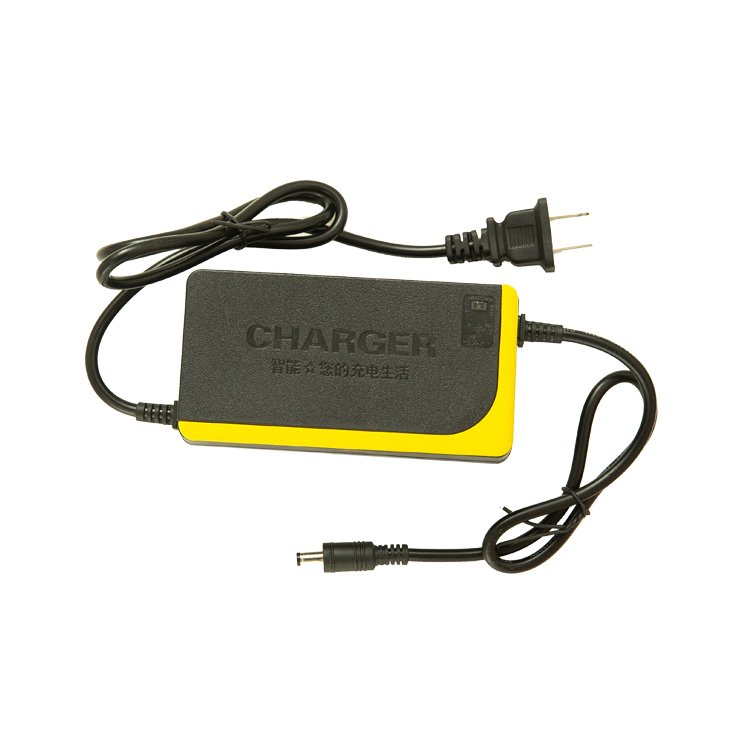We have talked about some basics about car power inverters. A car power inverter converts the direct current supplied by a car battery into the alternating current used in general electrical appliances. With the increasing demand for electrical and electronic equipment used in vehicles, the use of car power inverters is increasing. They can convert a single cigarette lighter port into multiple power outlets, allowing us to draw power from batteries just as we would at home. But at the same time, many people are still wary of using car power inverters in their cars, fearing that they could damage the batteries. In fact, the use of too many electrical equipment at the same time will inevitably affect the battery. Inverters can also consume too much of the battery if not used properly. What we need to do is to control the impact in the right way. As long as they are used correctly, the safety of a car power inverter needs not to be worried about. In the following, we list a few points to illustrate the correct use of a car power inverter:
1. The car power inverter should have an appropriate input voltage.
Car battery voltages range from 12V to 48V, so different car power inverters have different input voltage designs. And since a car power inverter gets its power from the car’s battery, the inverter’s capacity should not exceed that of the battery. Therefore, the selection of appropriate car power inverters should be based on the car battery parameters. In addition, you need to determine the power of a car power inverter according to the power of the equipment you want to run. For example, a mobile phone generally requires about 20-40 watts of power to charge, while a laptop requires about 50-100 watts. The stable running of the electric appliances can be ensured only when a car power inverter is selected according to their total power consumption.
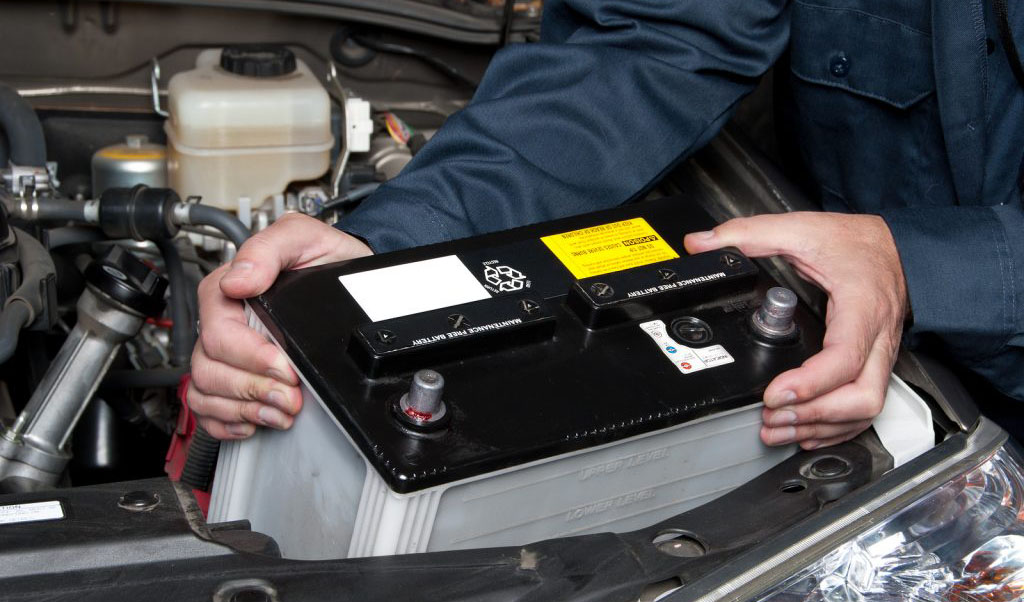
2. Do not use too many high-power electric appliances.
A high-power electric appliance here refers to an electric appliance with its power higher than the rated power of a car power inverter. Using a car power inverter to supply power to high-power electrical appliances for long time will definitely affect the car battery. If the use of high-power appliances is a must, then you should make sure to buy high-power inverter products. And you should promise that your battery is also strong enough.
3. A car power inverter should not be overused.
Although a car power inverter can supply power for common household appliances, it is not suitable to do the work for too long period of time. In general, you should not use an inverter for more than 1 hour. This is because when you use an inverter, the battery will continuously be discharged. Your battery is more likely to be damaged if it is discharged for a long time without being recharged. Therefore, a car power inverter can only be used continuously when the engine is on and the car is running. You can get to know the battery status through the dashboard. If the battery is always being charged, then there is no need to worry about the impact of an inverter on the battery since the AC generator will constantly charge the battery.
4. Do not use an inverter when the engine is off.
Don’t use a car power inverter to power appliances when the car is stopped. Because no matter when your car shuts down, the battery keeps powering the car’s electronics. If a car’s electrical devices such as lights or stereo are left on for a long time, they can drain the battery. A car power inverter can cause the same problem. Therefore, it is important to keep the battery at a reasonable power level when using an inverter. When the inverter is not applicable, it is necessary to cut off the power supply in time.
5. Do not use a car power inverter with a faulty alternator.
A breakdown of an alternator in a car usually represents as flashing lights and electrical problems. Alternator problems can affect the battery while a car power inverter can accelerate the battery damage process. If an alternator fails, it will not be able to charge the battery properly. And the inevitable result is that the battery will be kept discharged. At the same time, the inverter will consume the battery to power the electric appliances. The battery will consequently be drained and the engine will also be affected.

6. Do not use a car power inverter at high temperature.
Like many household appliances, it is also necessary to keep the temperature of an inverter within a reasonable range. Generally, the ambient temperature for a car power inverter to work should not be over 40 °C. Excessive temperature can accelerate the damage of an inverter. Although many inverter products have high temperature protection function, long time use under high temperature will still accelerate the aging of the equipment. Therefore, when a car power inverter is used, it should be kept from direct sunlight in a well-ventilated place. In addition, they should also be away from humid environment and flammable and explosive substances to reduce the potential risks.
In general, there are differences and similarities between the role of car power inverters and that of car battery chargers. The reason why we need car battery chargers is that they can solve car battery problems, and car power inverters can extend the use of electrical appliances into cars. Both of them bring more convenience to our life from different angles.


